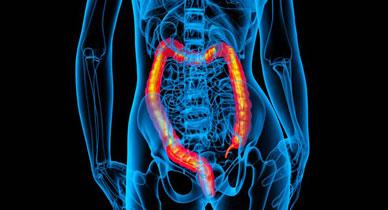
Treatment with tranexamic acid appears to improve survival outcome in patients with upper gastrointestinal (GI) bleeding, according to the results of a systematic review and meta-analysis.
Researchers searched multiple online databases for randomized controlled trials investigating the effect of tranexamic acid on mortality. The search yielded 63 studies eligible for full‐text review, of which 11 were included in the meta-analysis. The total population comprised 2,076 patients, among whom 1,071 had been treated with the study drug and the remaining 942 with placebo.
In the primary studies, tranexamic acid was administered via various routes: intravenously and orally in three trials, via nasogastric tube in two trials, via either intravenous or nasogastric tube in two trials, and injected directly into the submucosa of peptic ulcer margins at endoscopy in the single paediatric study.
Pooled data showed that compared with placebo, tranexamic acid reduced the risk of death (risk ratio [RR], 0.59, 95 percent confidence interval [CI], 0.43–0.82; p=0.001) with no significant heterogeneity observed among studies (I2, 0 percent; p=0.81). Based on the GRADE assessment, quality of the evidence for mortality was rated moderate due to risk of bias.
There were no significant between-treatment differences in terms of preventing rebleeding, need for surgical interventions, requirement of blood transfusions, or frequency of thromboembolic events.
While the present data lend further support to the use of tranexamic acid for treating patients with upper GI bleeding, additional higher‐quality trials are needed, the researchers said.